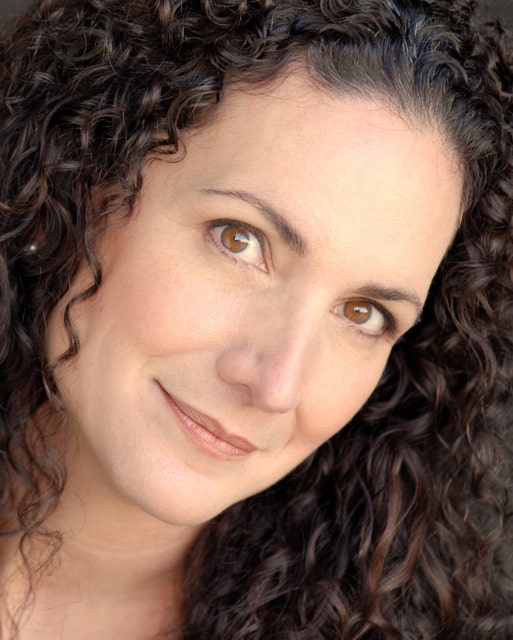The programming gurus for the Philharmonia Baroque Orchestra continue to work their magic as the opening of the PBO’s 32nd season brought a completely unlikely offering The Prophetess; or The History of Dioclesian is so obscure that a complete version is unavailable on iTunes. Even the scholarly literature is scant, as the few mentions this piece received are embedded in works written before 1960. Even then, when discussed at all, Dioclesian is usually mentioned in passing.
Had not Wednesday’s performance been so electrically exhilarating, one might think the group was being obscure for the sake of being obscure. Such was hardly the case, as this brilliantly colorful and lithe piece packs in everything from stately processional music, insouciant simpering, country dances, quartets and all-out chorale gut-busters. Musicologist John Prescott emphasized that Dioclesian brought “so much variety, so much invention, and so much contrast.” I haven’t had a better evening in the concert hall since the 31st season of PBO, thanks to this veritable Santa’s bag of baroque delights.
David Taylor kindly wrote to tell me that this instrument was a copy of “the original Jean Voboam guitar from 1687 which is presently in the Music Conservatory in Paris: the original guitar was made for the Duchess of Bourbon, daughter of Louis XIV.”
Given that the PBO is period instrument orchestra, part of their allure lies in their instruments. Audience members who arrived early had the opportunity to explore some of the violins, violas, basses, and timpani with turned sticks before the concert which lay on the edge of the stage for inspection. During intermission, one had the opportunity to watch the harpsichord being tuned and look more closely at the wooden oboes and bassoons on stage. Most curious, however, was the baroque guitar, which appears only rarely during PBO performances. Smaller than a modern six-string guitar, this instrument has nine strings, including paired strings and a single unpaired one. David Taylor kindly wrote to tell me that this instrument was a copy of “the original Jean Voboam guitar from 1687 which is presently in the Music Conservatory in Paris: the original guitar was made for the Duchess of Bourbon, daughter of Louis XIV.”
[Also: Election 2012: Dana Carvey on Obama, Romney]
At the Atherton venue, the orchestra was at floor level, with the chorus, trumpets, theorbo, and baroque guitar on stage. The fortunate ones in the front of the hall were treated to the up-close-and-personal display of musicianship. My seat was roughly eight feet from the oboist and ten from the wooden bassoon. Watching them play made me listen better and focus on smaller colorful elements such as the delightful oboe trills included in the opening processional music.
The six soloists were countertenor Clifton Massey, soprano Helene Zindarsian, countertenor Jean-Paul Jones, tenor Jonathan Smucker, tenor Brian Thorsett, baritone Jeff Fields and bass John Bischoff – all of whom looked like they were having a blast with this piece. The theatrics of Zindarsian and Massey’s funny, funny performance as Shepherd and Shepherdess, and that of the tenors during “Oh, the sweet joys of love” had the audience in stitches.
[Photo Call: The White Snake’ at Berkeley Repertory Theatre]
The only weakness in this piece was that the text didn’t particularly hang together. I was hard pressed to figure out what, if anything, it had to do with Diocletian. This deficit was acknowledged by one older scholar who noted that the Act 5 “masque is dramatically incoherent and degenerates into a series of turns.” This nit is an altogether minor point; one is far better off to focus on this entirely delightful musical romp, as a celebration of the very glorious English Restoration.



